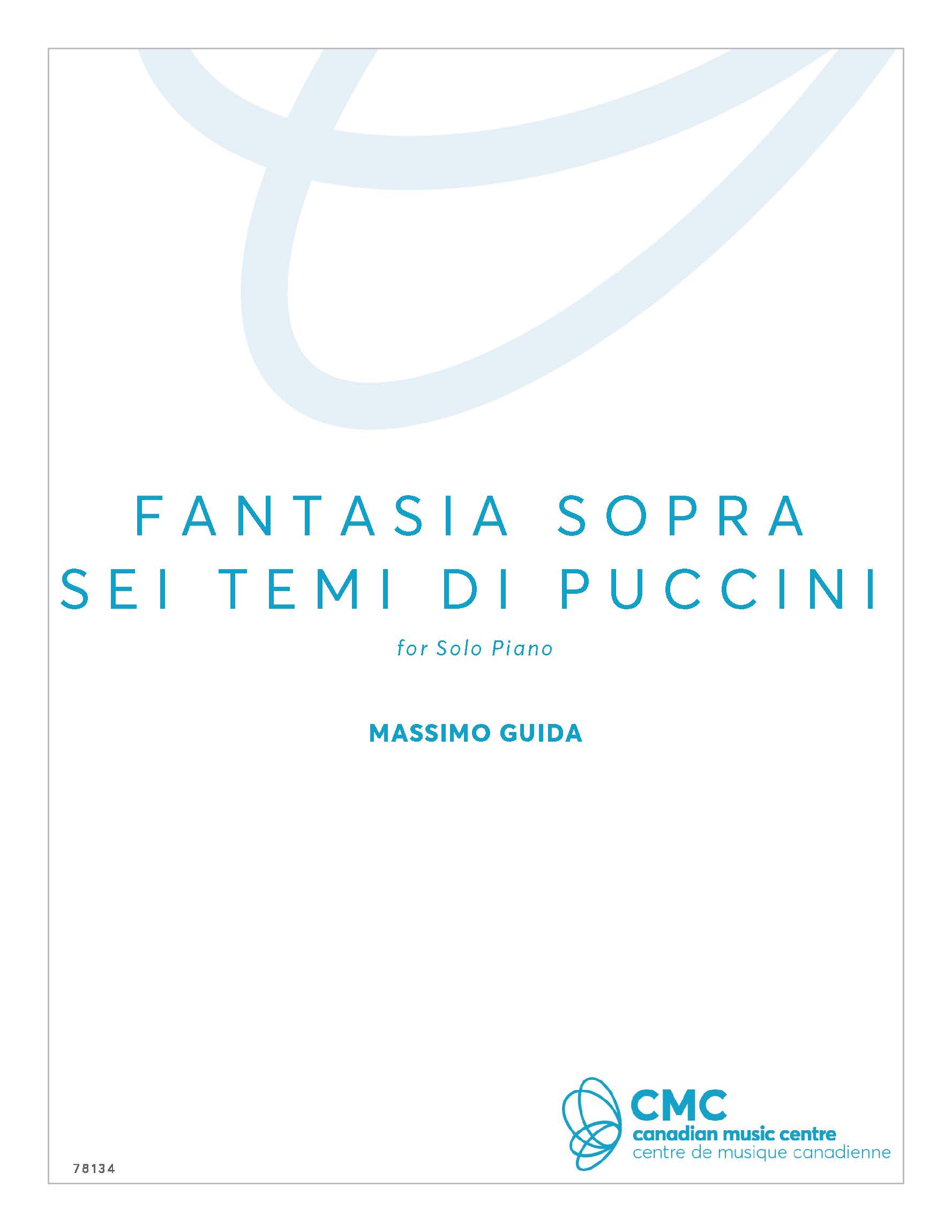This composition, Fantasia Sopra Sei Temi di Puccini, is a fantasia for solo piano, which is based on the development of six “themes” from Giacomo Puccini’s final opera, Turandot (1926), in particular the tragic “concertato” theme from the Act I Finale. The idea for this work arose when a dear friend of mine, who is a pianist, suggested I write a piece for solo piano based on some of Puccini’s melodies, given my fondness for his music, and seeing as his later operas formed the basis of my doctoral research. As my own music often seeks to combine accessible lyrical elements with a more contemporary harmonic language, I decided to use material from Turandot, as it also juxtaposes more traditional, tonal operatic numbers with more dissonant and experimental passages. However, I sought to use original themes by Puccini that were less recogniseable, so that I would be able to rework them without the fear of potentially creating a work which resembled more of a parody. Aside from the material derived from Puccini’s final opera, this composition also alludes to passages from Liszt’s Dante Sonata, as well as the work’s overall formal design (Fantasia quasi una sonata); like Listz’s Dante Sonata, formally, my Fantasia has an overall ternary structure that alludes to sonata form at times, but also makes use of an interpolated “adagio” movement in the manner of a two-dimensional sonata cycle. This is a reference to my DMA Thesis Composition, which was inspired by Dante’s Divina Commedia; thus, the work is influenced by the two major components of my doctoral research. Tonally, the work explores the tension created by the bi-tonal sonorities in Turandot, which finally resolve to D major at the work’s conclusion. Seeing as this work was composed during the Covid-19 pandemic, thematically, the work was also inspired by the various struggles many of us are currently facing, especially those of us who are musicians. This recurring tonal conflict and eventual resolution of dissonance at the end of the piece is essentially meant to reflect our ability to overcome our struggles in times of great difficulty. However, the hopeful optimism is somewhat weakened by the open fifths in the final measure of the work, which are meant to reflect the overall uncertainty we currently face regarding our future.

